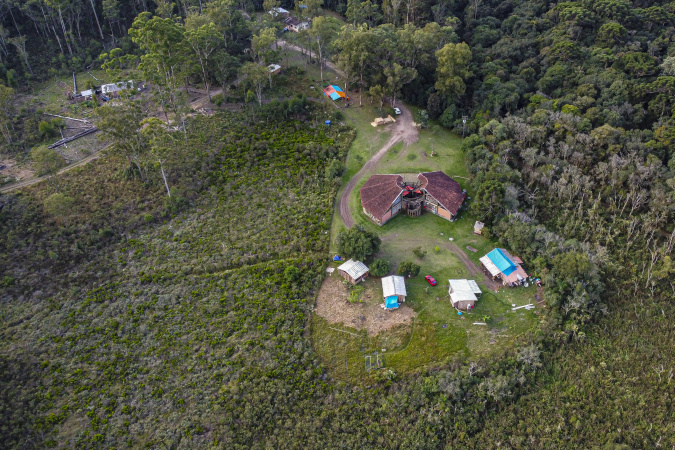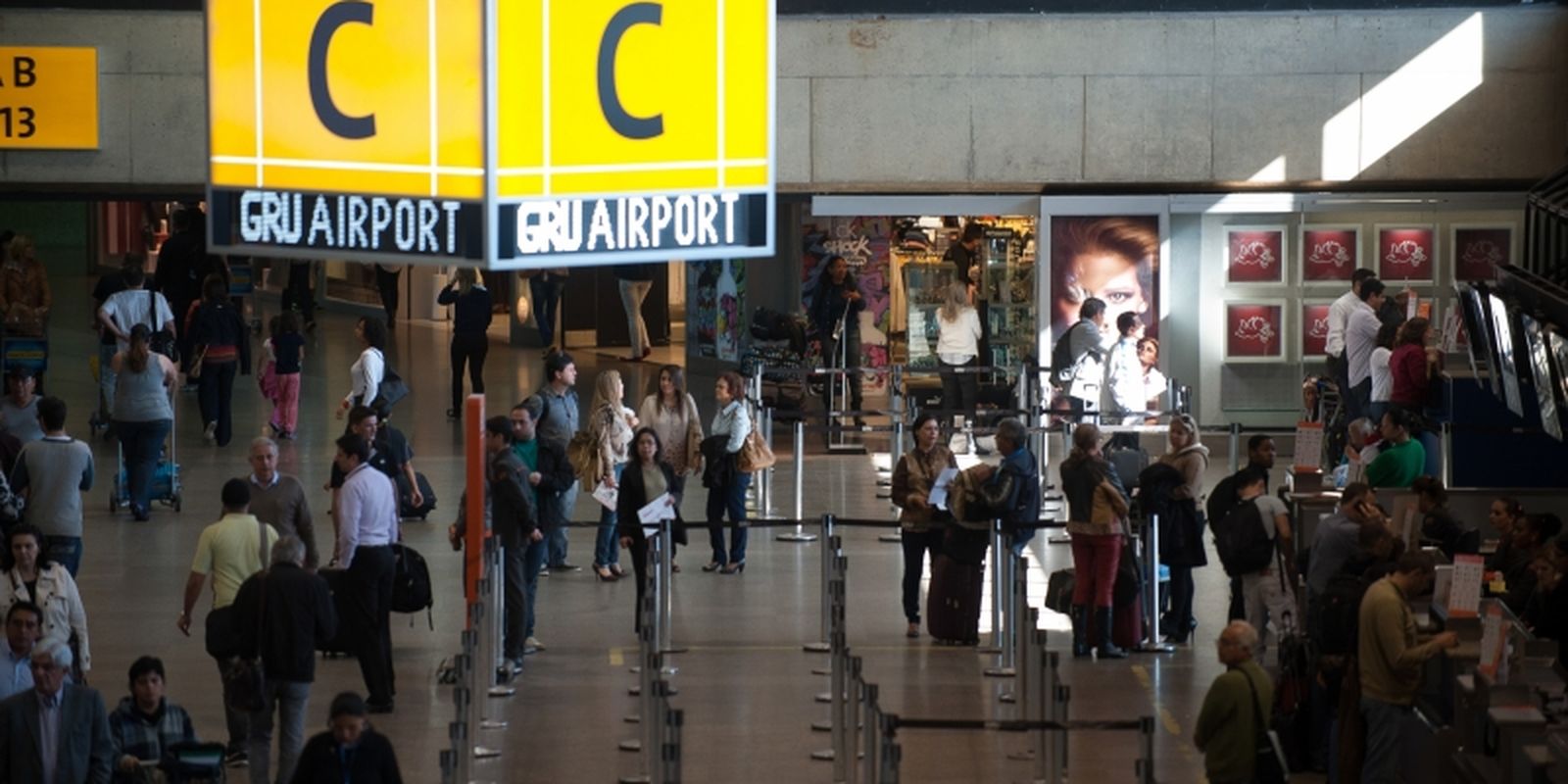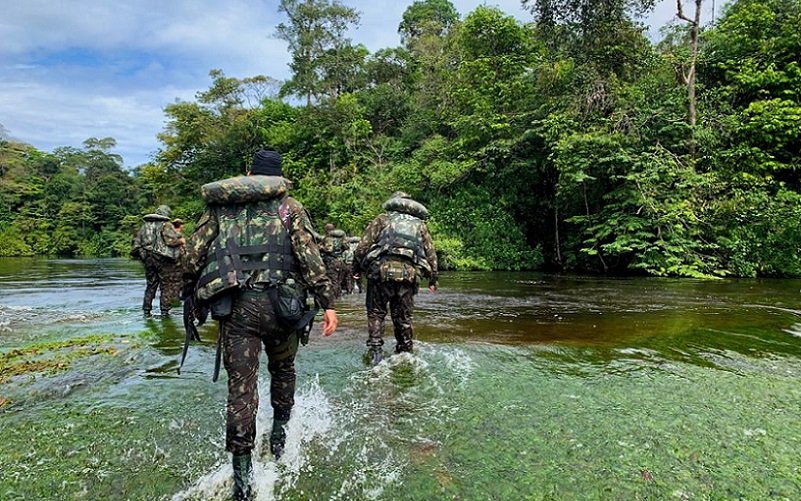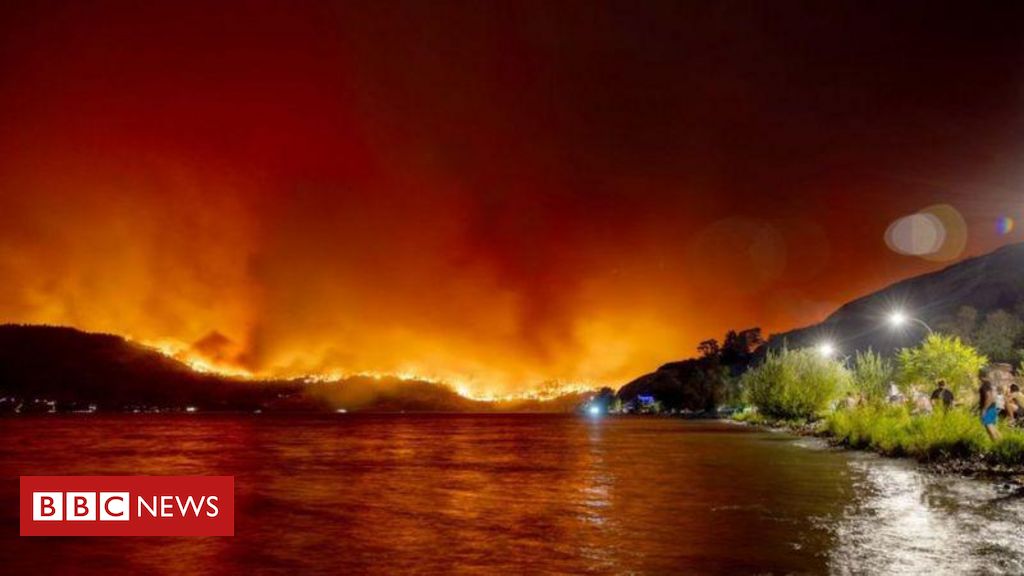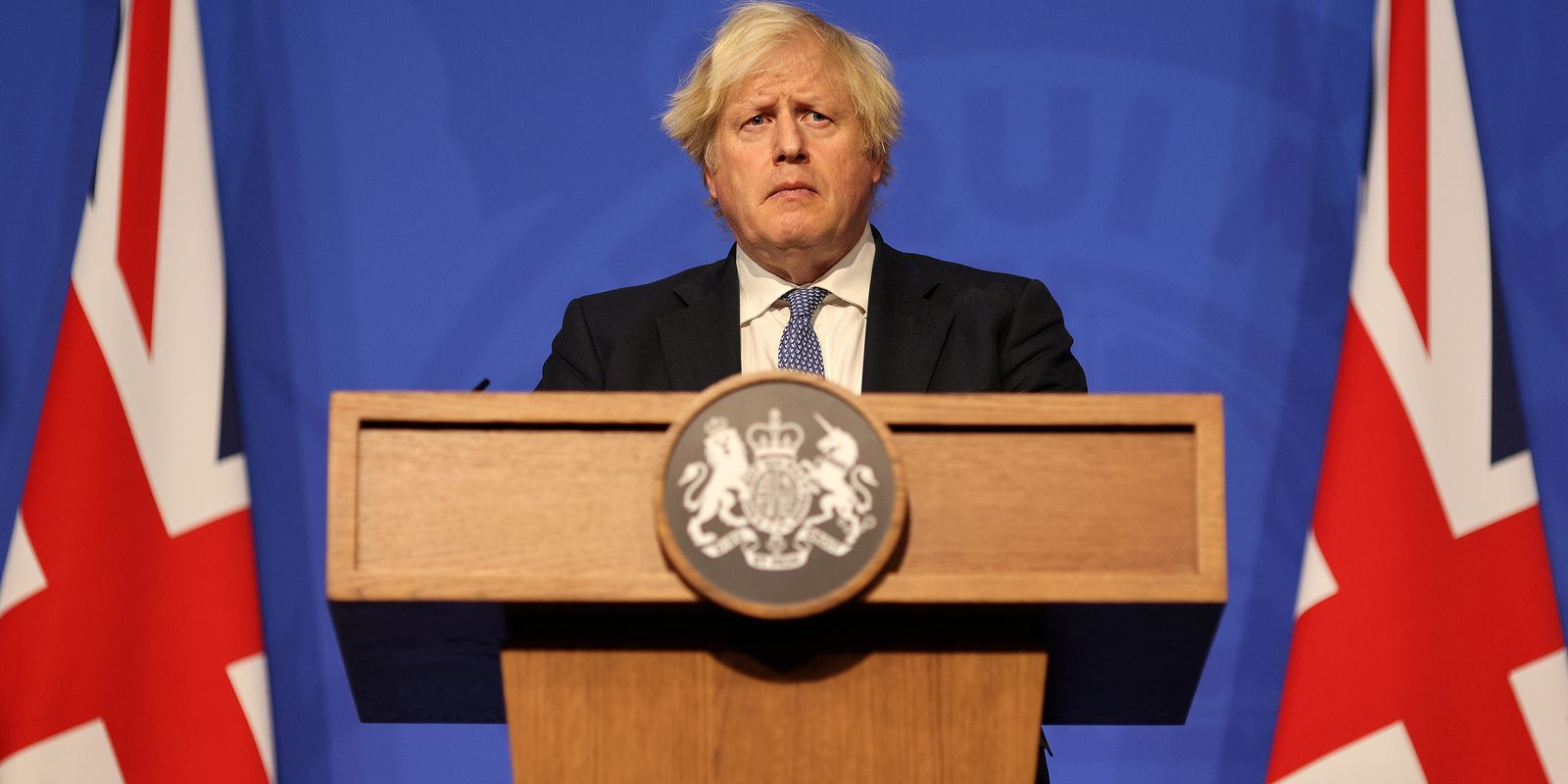A shared management of the metropolitan national forest, in Piraquara, in the metropolitan region of Curitiba, will be presented during Adaptation Futures, in Montreal, Canada. The international conference focuses on adaptation to climate change and will take place from 2 to 6 October. The invitation is one of the first actions after the confirmation of the Paraná joins Regions4an organization specializing in issues of biodiversity, climate change and sustainable development.
The associations have attracted the attention of the international community due to the fact that the Conservation Unit (CU) has been managed since 2022 by the indigenous peoples of the Caingangue, Guarani Ñandeva, Guarani Mbya, Avá-Guarani and Tukano ethnic groups, residents of the place. , based on a management cooperation between the Água e Terra Institute (IAT) and the Ângelo Kretã Ethno Bio Diverse Training Center and Institute.
The term is intended to divide the management responsibilities of the UC with respect to the public use of the place, providing an opportunity for the dissemination of environmental education from the perspective of indigenous peoples’ knowledge of the land. Moreover, it aims at local preservation, protecting the space against invaders, hunters and fires; reforestation with native trees; conservation and restoration of the Atlantic Forest biome; and welcoming tourists wishing to visit space.
The successful case will take the world by storm through the conference “Subnational Government Innovation to Integrate Vulnerable Community Knowledge into Adaptation Planning and Action”. Who will make the UC presentation will be the leader of the Angelo Kretã Institute, Isabel Tukana, one of the local residents. She won a scholarship offered by the event to subsidize her stay in Canada.
“The fact that we are here, in the metropolitan national forest, is a political, educational, social and ancestral issue. Show people that, from an Indigenous perspective, we cannot remove and place what is not part of the territorial process, such as plants and seedlings. This is the kind of education we provide. Our proposal is to revitalize and replant plants in the area,” he says.
“Since we have had visits from schools, educationally we have been presenting songs, foods, talking about our ancestry and telling stories. We also teach and help replant native seedlings and identify these plants,” Isabel adds.
COOPERATION – In total, there are 35 natives in 11 families who occupy and manage the UC through the cooperation agreement. According to the agreement, the IAT is responsible for structural renovations and maintenance, the demarcation of areas prohibited from access to visitors and the sending of seedlings for replanting.
The permanence of the original peoples in the place is in accordance with the agreement established in the National System of Conservation Units (SNUC), regarding the lodging of the traditional populations. “This type of management will be presented at Adaptation Futures, in which it demonstrates the importance of indigenous knowledge as an instrument for the conservation of biodiversity,” explains IAT’s protected areas manager, Letícia Salomão.
CONSERVATION UNIT – The Metropolitan State Forest has been part of more than 70 Conservation Units (CU) of Paraná since 1988. Located on the border with the Curitiba-Paranaguá Railway, the area has 4,400 hectares and, since 2022, is managed in a shared way. The history of the indigenous territory has been marked by the intense logging of the defunct federal railway network, which used it to plant eucalyptus trees, the wood of which powered the old steam locomotives.
Through shared management, the CU is reforesting native trees to replace the exotic vegetation planted by the former railway concessionaire, a way to increase vegetation in the Paraná Atlantic Forest.
REGIONS 4 – Regions4 is an organization with 46 associated regional governments who share an interest in working on biodiversity issues, climate change and the Sustainable Development Goals. The government of Paraná has been a member since May 2022, but formalized this Wednesday (14) its participation in the world summit.
The idea of presenting the management of the Metropolitan State Forest at Adaptation Futures 2023 came after the visit of the coordinator of biodiversity projects at Regiosn4, Gabriela Carrera, as it was an innovation in the management of the conservation of the biodiversity.

“Freelance communicator. Hardcore web practitioner. Entrepreneur. Total student. Beer ninja.”

